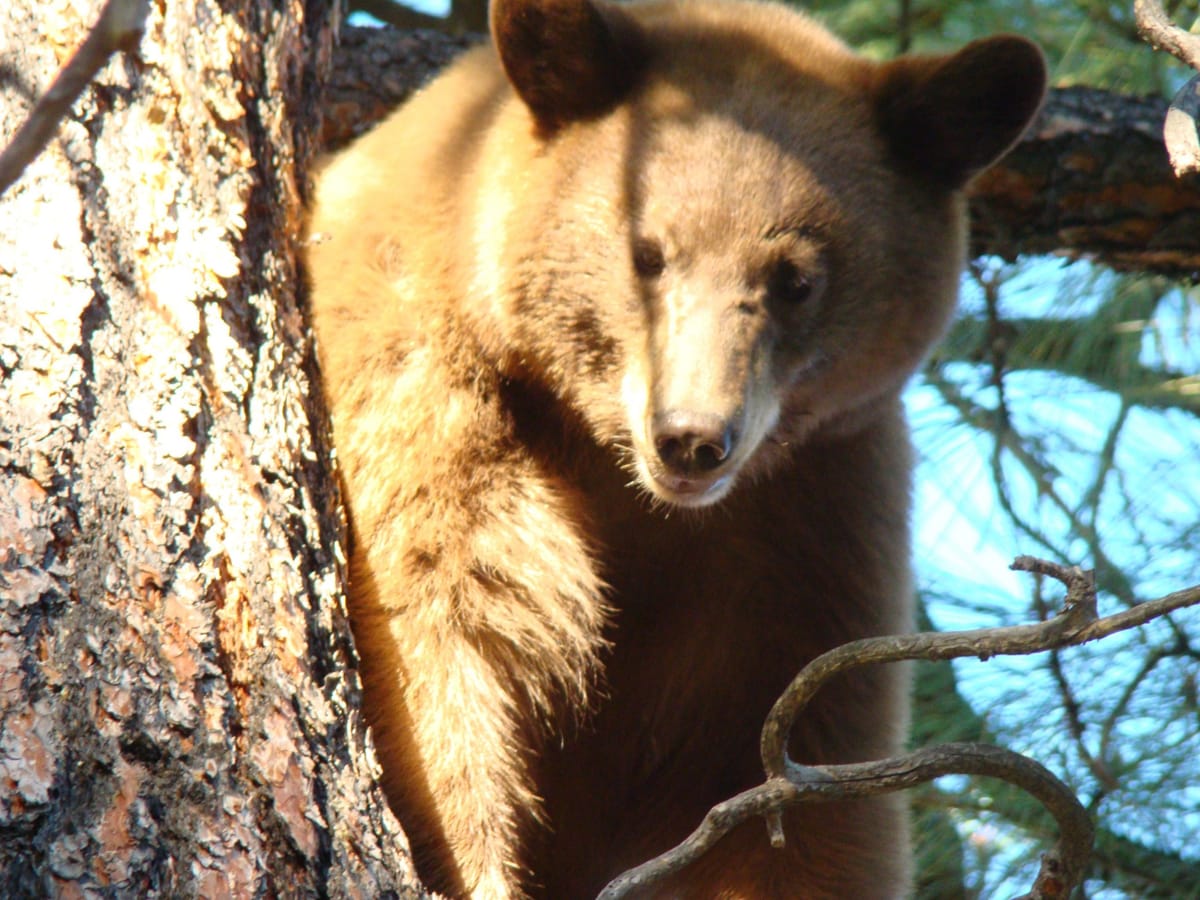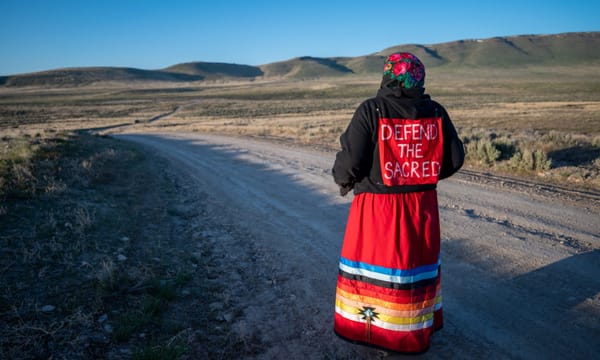Officials: Don’t feed the bears

LAKE TAHOE – Parks and wildlife agencies from throughout the Lake Tahoe basin are reminding the community to lock up food and garbage and be bear aware this fall as the animals prepare for winter hibernation.
Bears typically eat about 5,000 calories per day. During hyperphagia, increased feeding activity to prepare for winter, bears need about 20,000 calories per day to store as fat over the winter. In nature, those calories come from salmon, seeds, berries, grubs and other high-protein foods.
In the Tahoe basin, officials say too often that also includes human foods.

“Bears in the Tahoe Basin tend to consume more than they need by eating unhealthy human foods, as well as staying more active over the winter months to try and take advantage of unsecured garbage and food,” officials said in a statement.
Bears’ hyperfocus on food can make them vulnerable to vehicle strikes and interactions with people. Bear managers and law enforcement officers work to prevent such interactions, using airhorns, chasing them, firing bean bag rounds or yelling to deter bears from human food sources and “give them a negative experience with humans instead of a food reward.”
Officials shared these tips to help keep bears wild:
- Never feed wildlife.
- Do not try to defend a food source from a hungry bear.
- Store all garbage in and properly close bear-resistant garbage containers.
- Never leave groceries, animal feed, garbage or anything scented in vehicles, campsites, or tents.
- Keep barbecue grills clean and stored in a garage or shed when not in use.
- Keep doors and windows closed and locked when the home is unoccupied.
- Vegetable gardens, compost piles, orchards and chickens may attract bears. Use electric fences where allowed to keep bears out. Refrain from hanging bird feeders.
- When camping, always store food (including pet food), drinks, toiletries, coolers, cleaned grills, cleaned dishes, cleaning products, garbage and all other scented items in the bear-resistant containers (storage lockers/bear boxes/garbage dumpsters) provided at campsites.
- Give wildlife space, especially when they have young with them.
- Leave small bears alone, mom might be right around the corner.
- Secure your crawl space and winterize your home, including removal of all food when unoccupied.
To report human-bear conflicts:
In California, contact the California Department of Fish and Wildlife at 916-358-2917 or report online using the Wildlife Incident Reporting (WIR) system at apps.wildlife.ca.gov/wir. Non-emergency wildlife interactions in California State Parks can be reported to its public dispatch at (916) 358-1300.
In Nevada, contact the Nevada Department of Wildlife at 775-688-BEAR (2327). If the issue is an immediate threat, call the local sheriff’s department or 911.
Source: USDA





